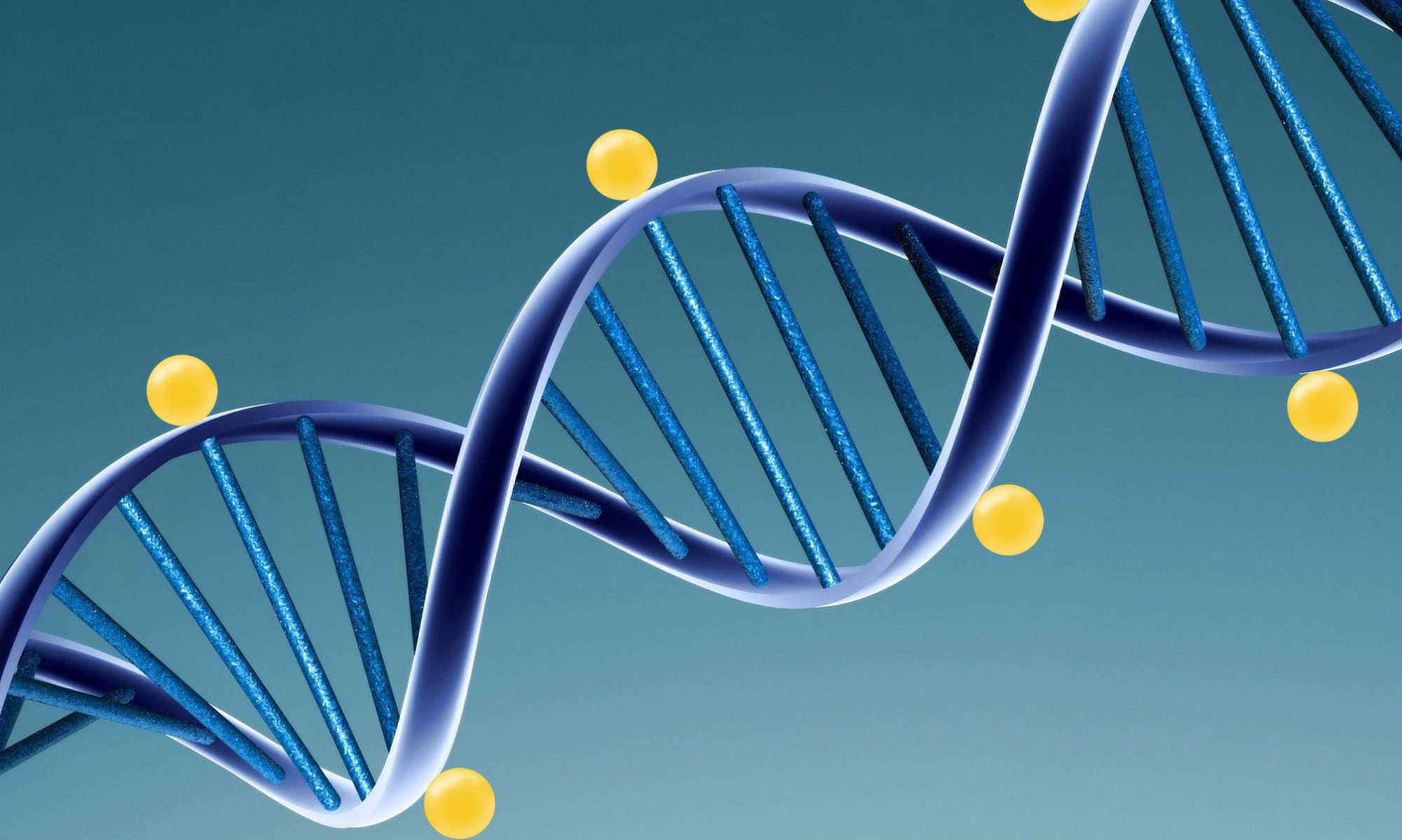In this paper Mehta et. al use the Illumina 450K method to study DNA methylation patterns in the germline of trauma-exposed Vietnam veterans. Veterans diagnosed with PTSD using DSM-IV criteria were compared to veterans without PTSD. Data about the mental health status of the progeny of these veterans was also collected and it was found that the severity of PTSD in the father was correlated with a history of reported mental health condition in children. In their study of the germline cells they identified a methylation pattern specific to germline cells which was associated with PTSD. Of the 1176 genes associated with PTSD in both sperm and peripheral blood, 145 genes were also associated with a reported mental health condition in adult children. These 145 genes are of particular interest as they are the most likely to represent genes whose DNA methylation could be passed on via the germline.
Within this methylation pattern, a number of these genes were identified to be resistant to reprogramming. These resistant genes were identified as candidates for transgenerational inheritance as the methylation pattern would be passed on to the next generation. However, the mechanism of this resistance was not investigated and is still largely unknown. This study also recognizes that there are other possible mechanisms of trangenerational transmission aside from PTSD. For example, smoking has been associated with epigenetic changes in mature sperm and could be an alternate cause of these methylation changes (2).

Could be interesting to show some of the data from the paper on this page!
I agree with Claire that the general data from this paper would be really interesting to read about. Does the paper ever state why these genes were resistant to reprogramming? Is there a very clear correlation between the mental health of the progeny and whether or not the veterans were diagnosed with PTSD?
In addition to the above suggestions, add numerical results from the study and elaborate on the “resistance” of the genes in question–specifically, why they are resistant and what that entails for the next generations. Also, if they are merely “candidates”, are there any reasons why there is uncertainty (i.e. other epigenetic sources of hypermethylation, other modifications that imitate the resistant genes of veterans)? Do we know to what extent the resistant genes are passed on?